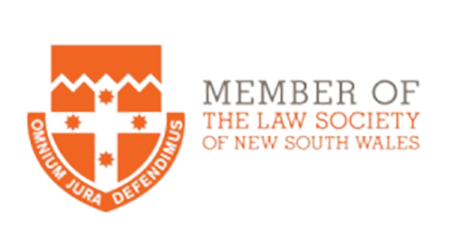The Australian Institute of Health and Welfare reports that “almost 2 million adults have experienced at least one sexual assault since 15.”
This number, however, may not reflect those incidents where victims decided not to report the incidence of sexual assaults. As this alarming number continues to be a tragic concern for the welfare of the people, the parliament successfully passed reforms to strengthen protection against sexual assault and violence.
Last November 2021, the NSW parliament passed an amendment to simplify, clarify and modernise consent laws.
This led to the legal requirement of affirmative sexual consent from each person who commits to consensual sex.
Defining Consent and Sexual Activities under the Context of this Amendment
The new law stipulates that “consent is a free and voluntary agreement that cannot be presumed, and involves ongoing mutual communication.”
Under the new law, consent cannot be presumed. Therefore, an individual who is asleep, heavily intoxicated, or unconscious is someone who cannot give consent. At the same time, consent cannot be given when a person is being manipulated or threatened.
Consent for a particular sexual activity does not translate to consent for other acts. This is the logic behind “reasonable time.” It is a concept wherein an individual must obtain consent for different sexual acts despite initial consent given to earlier activities.
Silence does not also indicate consent. Just because a person doesn’t say “no,” this should not be implied as consent.
Consent obtained through fraudulent inducement or misrepresentation voids the consent initially given. However, an exception to this rule is misrepresentations regarding wealth or feelings.
It is essential to understand that consent initially given may be withdrawn during the sexual act. Through its “Make No Doubt” campaign, the NSW government stresses the importance of respecting an individual’s decision.
Furthermore, the amendment clarifies sexual activity as any of the following: sexual touching, sexual act or sexual intercourse.
In an interview with Newcastle Herald, NSW Attorney General Mark Speakman said, “these laws set clearer boundaries for consensual sex, reinforce the basic principle of common decency that consent is a free choice involving mutual and outgoing communication, and reinforce that consent should not be presumed.”
Relationships Affected by the New Sexual Consent Laws
The new consent laws protect any individual who willingly participates and freely gives consent for any sexual activity.
The parliament recognises the various instances where sexual assault occurs. Often, sexual violence manifests in varying levels of relationships –acquaintances, friends, schoolmates, and even married couples.
This new law also considers the absence of consent in a sexual activity where there is apparent abuse of authority, dependence or trust for the other individual to participate.
An example of this concern is sexual activity between a student and teacher, despite being over 18.
Currently, the age of consent is 16. An individual under this age cannot provide sound and informed consent.
The effects of sexual assault and violence are long-term triggers that victims continue to live throughout their lives. As the law continues to strive forward to protect individuals, everyone is responsible for their own lives but must be vigilant when somebody tries to disrespect their choices.









